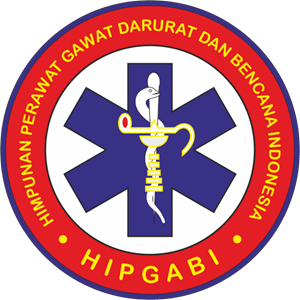Effect Of Health Education With Audio-Visual Media On Adherence To Medication Of Breast Cancer Patients
Downloads
Introduction. Breast cancer is known as the first killer of cancer. Long-term treatment is more prone to patient compliance problems, lack of understanding of the pain, and saturation of taking medication leads to non-adherence that worsens the patient's condition. This study analyzes the effect of health education with audio-visual media on drug adherence in breast cancer patients Method. This research is a quasi-experiment with a pre-post test control group design. Purposive sampling was carried out for 1 month at the Oncology Polyclinic at Petrokimia Gresik Hospital. Subjects who met the inclusion of 36 patients were evaluated with the MMAS (Morinsky Medication Adherence Scale) questionnaire. The data was then analyzed using the Paired T-test. ResultsThe paired t-test revealed a statistically significant (p = 0.000, α < 0.05) improvement in medication adherence among breast cancer patients following health education with audiovisual media. Conclusion. This suggests that audiovisual media can be an effective tool in enhancing medication adherence in this population. Further research is warranted to explore the optimal content, duration, and frequency of audiovisual interventions. Additionally, studies investigating the cost-effectiveness of this intervention and its impact on other patient outcomes, such as quality of life and treatment efficacy, are needed
Copyright (c) 2024 Yuanita Syaiful, Lilis Fatmawati, Lely Sandra Retno Ayu, Mono Pratiko Gustomi, Daviq Ayatullah

This work is licensed under a Creative Commons Attribution 4.0 International License.
1. The journal allows the author to hold the copyright of the article without restrictions.
2. The journal allows the author(s) to retain publishing rights without restrictions.
3. The legal formal aspect of journal publication accessibility refers to Creative Commons Attribution (CC BY).

















